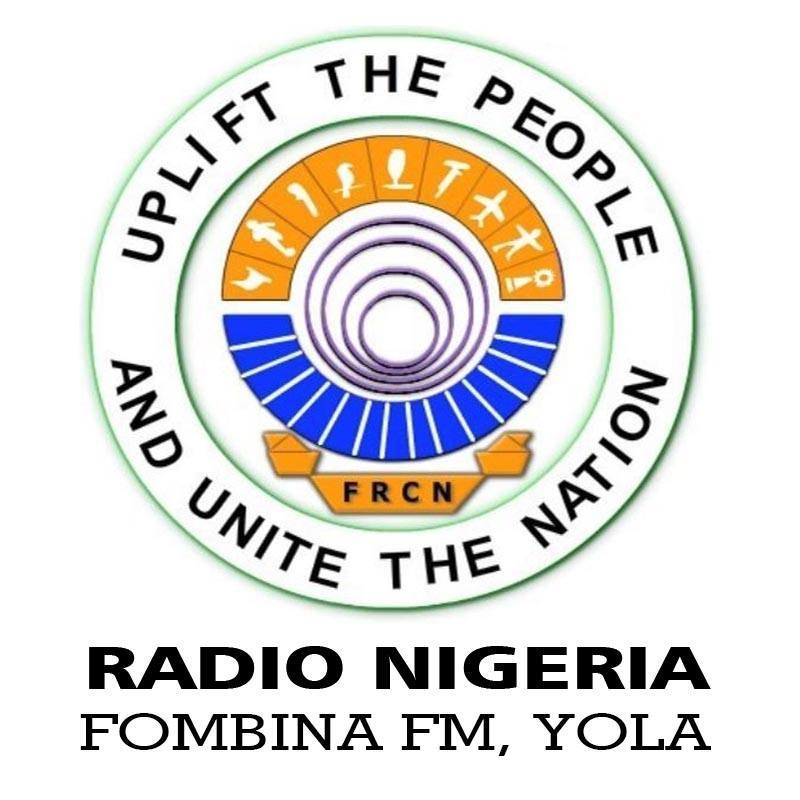By
Gloria Abutu
Six million Nigerians have been targeted to receive humanitarian assistance in Borno, Adamawa and Yobe states in 2023.
The United Nations Resident and Humanitarian Coordinator for Nigeria, Matthias Schmale made this known during the Launch of the 2023 Humanitarian Response Plan for North East Nigeria, held in Yola, the Adamawa state capital.
An estimated 8.3 million people in Borno, Adamawa and Yobe states need some form of Humanitarian assistance, with about 2.4 million impacted by conflict, disaster and disease in acute need and require urgent support.
It is against this backdrop that the United Nations Office for the Coordination of Humanitarian Affairs, OCHA launched the 2023 Humanitarian Response Plan for North East Nigeria to address increased needs in health, food and nutrition, water, sanitation, protection, Internally Displaced Persons’ Camps management and shelter.
Presenting the plan, UN Resident and Humanitarian Coordinator for Nigeria, Matthias Schmale who joined the meeting virtually, noted that 1.3 billion US dollars is required to provide critical lifesaving assistance to 6million people suffering from devastating impact of the continuing 13 year long non-international armed conflict in the North East.
According to him, ” This is an increase of 500,000 people from the 5.5 million people identified for assistance in 2022. Some humanitarian needs of affected people are deepening and increasing, particularly those related to food insecurity and malnutrition.”
“Approximately 4.4 million people are expected to face food insecurity in the 2023 lean season, up from 4.1 million in 2022. Without urgent action, 4,000 people in Bama, Borno state, are expected to be in catastrophe conditions, in which starvation, death, destitution and extremely critical acute malnutrition levels become prevalent,” he added.
He pointed out that women, children and persons with disabilities are mostly affected during conflict and require additional attention through enhanced access to protection and basic amenities such as quality basic health, nutrition, water, sanitation, hygiene and learning services.
“Women and girls are the hardest hit. Over 80 percent of people in need of humanitarian assistance across Borno, Adamawa and Yobe states are women and children. They face increased risks of violence, abduction, rape and abuse,” he said.
Adamawa state governor, Ahmadu Umaru Fintiri, represented by his Chief of Staff, Professor Maxwell Gidado described the impact of recent flood disaster in the state as devastating and stressed the need to deploy resources in order to provide basic infrastructure to vulnerable communities in order to address underdevelopment, youth unemployment and climate change.
“I will like to submit that for the sake of sustainability, there must be continued commitment to inject resources into this state to address the rot that has led to underdevelopment, youth unemployment and climate change. The biggest challenge of all is climate change,” he noted.
Minister of Humanitarian Affairs, Disaster Management and Social Development Hajiya Sadiya Umar Farouq in a virtual message, thanked partners for continued support and reaffirmed the federal government’s determination to addressing the root cause of humanitarian crises in the country, by tackling socioeconomic vulnerabilities of citizens in terms of migration, epidemic, climate change among others.
In their goodwill messages, representatives of Borno and Yobe state governments, Dr. Goje Mohammed and Hajiya Yabawa Kolo expressed commitment to strengthening the capacity of local actors to mitigate the impact of humanitarian crises and appealed for generous donation by partners for speedy implementation of the plan.
They expressed hope that the plan will help to meet the needs of the most vulnerable.
Earlier in a remark, the Deputy Head of OCHA Nigeria, Esty Sutyoko said the 2023 Humanitarian Response Plan provides a framework for the United Nations, national and international NGOs, and civil society, to work in support of the Government of Nigeria to meet the needs of the vulnerable people in Borno, Adamawa and Yobe states.
Through the Humanitarian Response Plan, a total of one hundred and twenty operational partners are expected to work in support of governments’ efforts to improve the quality of life, protect the most vulnerable and enable affected people return to normalcy and to live safely with dignity.







